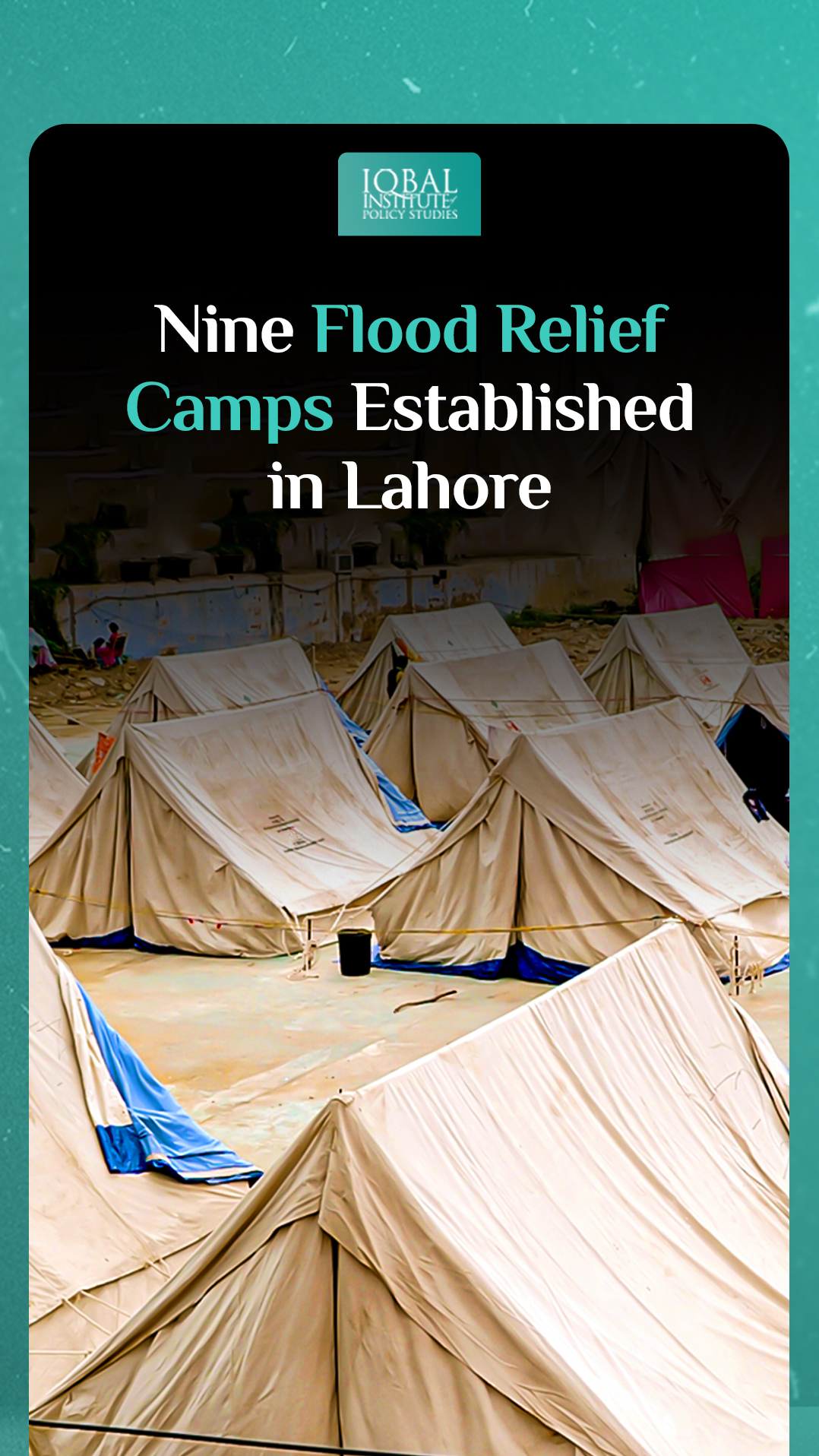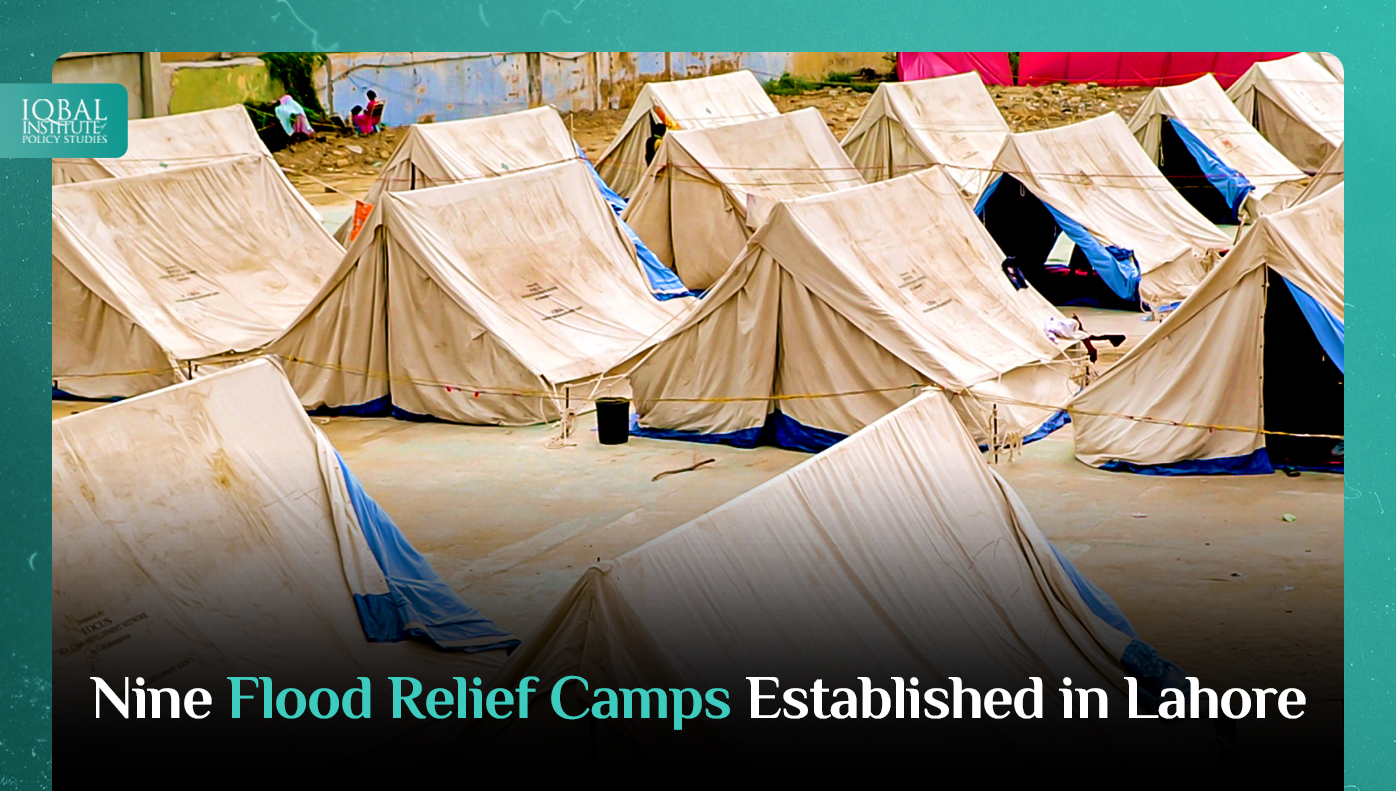Recently, heavy monsoon rains have submerged several cities across the country, increasing the risk of urban flooding in megacities, especially Lahore, Islamabad, and Karachi. According to the Pakistan Meteorological Department, this year, Pakistan has received record-breaking rainfall during the monsoon season. With an average national rainfall of 63.7mm, the country has received 177.6 mm of rainfall, making it the wettest July since 1961. Estimates show that above 181 per cent of average rainfall was recorded in July.
According to the Global Climate Risk Index, Pakistan ranks fifth among the tenth most climate-affected countries, with devastating human and economic loss due to extreme weather conditions. It has been estimated that Pakistan lost about 10,000 lives due to climate-related disasters and suffered nearly $4 billion in losses between 1998 and 2018. Every year, Pakistan struggles to cope with heavy monsoon rains, but this time the situation caused extreme disasters in major cities.
The intermittent torrential spells of rainfall killed hundreds of people, damaged critical infrastructure worth billions of rupees, like highways and bridges, and choked drainage. Furthermore, urban flooding has caused damage to around 56,000 homes which made the majority of people homeless. To cope with this crucial situation, the government of Pakistan is playing its role by devising several imperative policies like National Monsoon Contingency Plan-2022 to mount an effective and timely response to a situation resulting from such heavy rainfall in the future. Furthermore, all the concerned departments are directed to ensure preventive measures to avoid loss of lives and damage to private and public property.
Moreover, the government has established nine flood relief camps to rehabilitate the flood affectees. The camps will be established in different tehsils, including the city of Shalimar and Raiwind. According to government officials, residents of the most vulnerable areas should be shifted to these camps. They will be provided with required arrangements like the provision of food and medical teams.



Leave a Reply